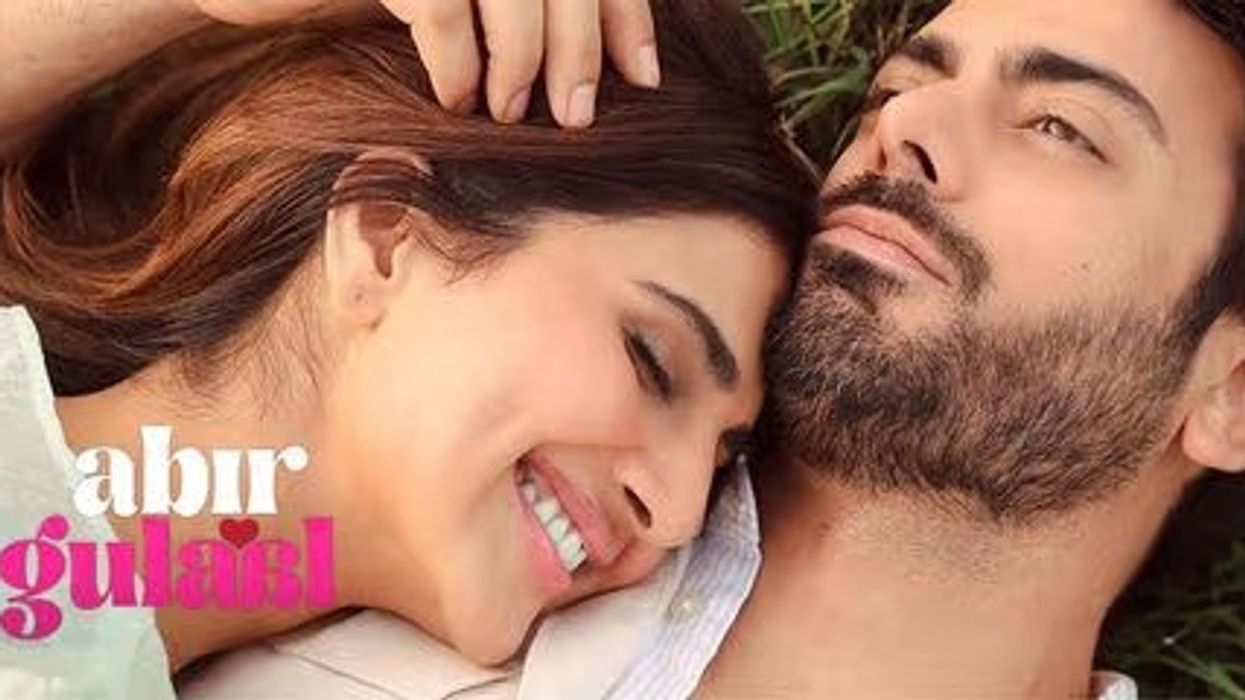In the wake of the devastating terror attack in Pahalgam, which claimed 26 lives, calls for a ban on the upcoming Bollywood film Abir Gulaal have gained significant traction. The romantic comedy, featuring Pakistani actor Fawad Khan and Bollywood actress Vaani Kapoor, is set to release on 9 May. However, the recent tragedy, along with ongoing tensions between India and Pakistan, has fuelled outrage among some sections of the Indian public, leading to a demand for the film’s cancellation.

The controversy surrounding Abir Gulaal isn’t new; the casting of Fawad Khan, a Pakistani national, has sparked debates since the film's announcement. Social media platforms are abuzz with users questioning the Indian film industry's decision to feature Pakistani actors amid strained diplomatic relations. Some have even questioned whether it is appropriate to release such films during periods of heightened national security concerns. One social media user expressed frustration, writing, "Why are Pakistani actors still being allowed to work in India when our soldiers are being martyred?"
This is not the first time that a Fawad Khan-starrer has faced backlash following a terrorist attack. In 2016, his role in Ae Dil Hai Mushkil saw protests and demands for a ban following the Uri attack. Despite the controversy, the film was released, though it became a focal point for discussions about the role of Pakistani artists in Indian cinema.
The Abir Gulaal issue has also drawn political attention. The Maharashtra Navnirman Sena (MNS) has strongly opposed the film’s release in Maharashtra, reiterating its long-standing stance against Pakistani artists working in India. The MNS has issued warnings to distributors and theatre owners, citing national security concerns and the impact on the local film industry.
As the release date of Abir Gulaal draws closer, the film's future hangs in the balance. The debate surrounding it brings to light the challenges of navigating the intersection of entertainment, politics, and national sentiment, as the country continues to grapple with complex geopolitical realities.





